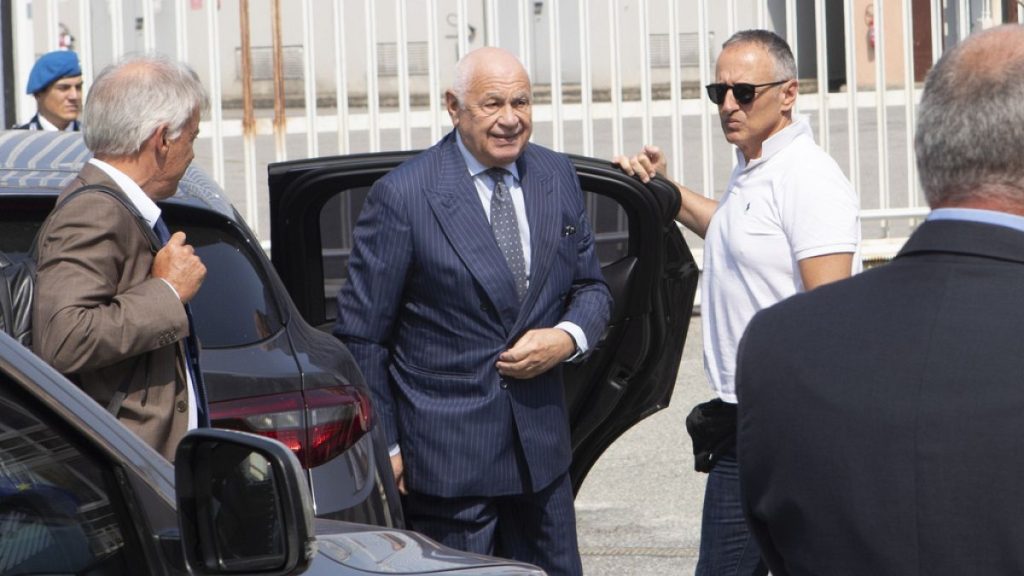The arrest of Iranian engineer Abedini Najafabadi Mohammad at Milan Malpensa Airport on December 16, 2024, under a US warrant, ignited a complex diplomatic situation involving Italy, the United States, and Iran. The US Justice Department accused Abedini, along with another Iranian national, of supplying drone technology to Iran, allegedly used in a January 2024 attack on a US outpost in Jordan that resulted in the deaths of three American soldiers. This arrest, executed just three days before the detention of Italian journalist Cecilia Sala in Tehran, raised immediate concerns about a potential connection between the two events.
The timing of the two arrests inevitably fueled speculation about a possible quid pro quo arrangement between Italy and Iran. While the Italian government vehemently denied any exchange agreement, the circumstances surrounding Sala’s detention and subsequent release amplified suspicions. Sala, a contributor to the Italian daily Il Foglio and Chora Media, was arrested in Tehran on charges of violating Iranian laws. She spent 21 harrowing days in Evin prison, a notorious detention facility, before being released and returning to Italy on January 8, 2025.
The Italian government’s actions further complicated the narrative. While the Milan Court of Appeal was scheduled to hold a hearing on Abedini’s extradition to the US on Wednesday, Italian Justice Minister Carlo Nordio submitted a request to the court on Saturday to revoke Abedini’s arrest. This move, seemingly contradictory to the extradition process initiated under the US warrant, added another layer of intrigue to the already convoluted situation. It raised questions about the Italian government’s motivations and whether they prioritized securing Sala’s release over complying with the US extradition request.
The Abedini case highlights the delicate balancing act Italy faced in navigating the complex geopolitical landscape. On one hand, Italy had an obligation to cooperate with its ally, the United States, in pursuing justice for the fallen American soldiers. On the other hand, the Italian government had a paramount responsibility to protect its citizens abroad, including journalists like Cecilia Sala, who found themselves entangled in the intricate web of international relations.
The potential implications of the Abedini case extend beyond the immediate circumstances. The incident underscores the delicate nature of international legal cooperation, especially when it involves extradition requests between countries with differing political and legal systems. It also raises questions about the use of drone technology and the potential for its transfer to actors involved in international conflicts. Furthermore, the case sheds light on the challenges faced by journalists operating in countries with restrictive media environments.
The Abedini affair serves as a stark reminder of the often-murky world of international diplomacy and the difficult choices governments face when balancing competing interests. While the Italian government maintained its denial of any explicit agreement with Iran for Sala’s release, the timing of the events and the subsequent actions taken by the Italian Justice Minister left room for speculation and raised concerns about the transparency of the process. The case continues to be a source of debate and analysis, highlighting the complexities of international relations and the challenges of upholding justice while protecting citizens abroad.














